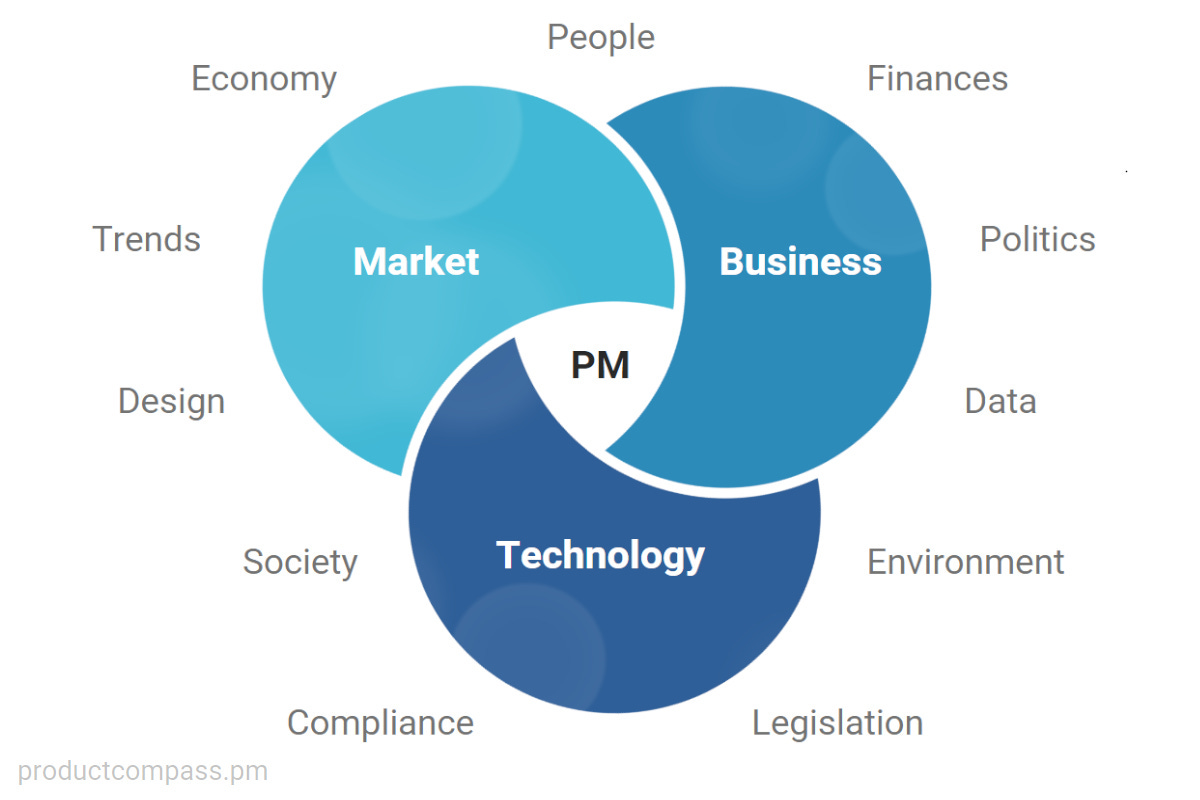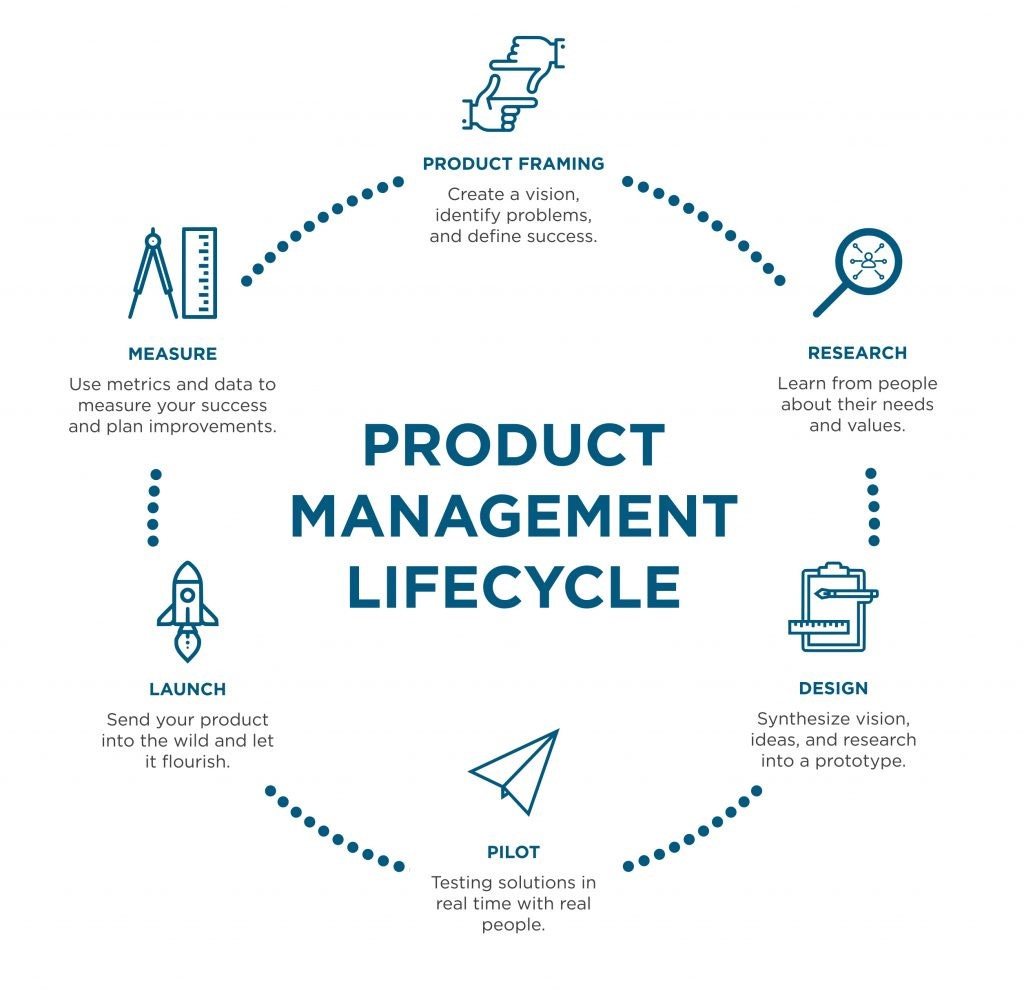Product Management: Learn From Your Customers!!
A great product manager has the brain of an engineer, the heart of a designer, and the speech of a diplomat. – Deep Nishar
Product management happens to be one of those really hyped buzzwords when companies visit campus for placements. Traditionally, product management has been associated more with post-MBA roles. This was because of the very nature of such roles, requiring knowledge of and coordination between different areas like computer science, consumer behaviour and business development (something that was naturally more suited for someone with an MBA or more work experience). However, it seems like the times have changed. More and more companies are now offering entry-level analyst roles straight out of undergrad, particularly in engineering. This creates an exciting opportunity, particularly for the engineers out there!
What is product management then?
It is a business role that involves planning, development, launch and management of a product. Getting a product right is crucial for any business and it is mostly the product that defines any brand and thus, is absolutely essential for the survival of any organization. If it were that easy, everybody would be on Shark Tank! For a good product, managers must understand what a customer really needs. (Apple saw the need for getting rid of keyboard phones and thus introduced the iPhone, Blackberry failed to innovate and was eventually phased out of the market).
Your most unhappy customers are your greatest source of learning – Bill Gates
The origins of product management can be traced to a memo written by Neil H. McElroy at P&G in 1931 wherein he advocated for hiring more people to undertake field testing and interact with clients to better understand and manage their products. McElroy also influenced Bill Hewlett and David Packard who used his concept of “Brand Men” at HP, another milestone in the journey of this field. Some of the most successful CEOs of our generation started off by understanding a particular product and taking them to another level (Sundar Pichai, Satya Nadella and Neal Mohan are a case in point).
Some Important Skills
· Engineering Knowledge: You don’t need to be a coder to excel in this field (that myth was dispelled long ago), however you do need to understand the technical jargon and basic structure of the code. This will help one have more meaningful conversations with engineers to ensure that the required features can be implemented.
· UI/UX: User interface and experience play an important role in determining customer satisfaction with a product, thus, having a knack for good design can prove to be game changing.
· A Flair for Business: Understanding the basics of consumer and competitor behaviour (economics), cash flow and P&L statements (finance) and the business environment are important for any product manager to thrive in this field.
· Communication is Key: As a product manager, you will not really be creating the product. More often than not, product managers have to communicate business and customer requirements to the engineering team and update the leadership on the progress. Clear communication and great leadership skills become key here as any miscommunication can mean a bad product, dissatisfied customers and thus, losses for the company.
Some of the things a product manager will have to do
· Research: Understand trends in the market, customer behaviour and competitors. This will help identify the major pain points and thus, the problem that needs solving.
· Develop a Strategy: Create a rough timeline or roadmap with Objectives and Key Results (OKRs), customer acquisition and marketing plans and financing channels.
· Coordinate Product Development: Manage coordination between the various teams through clear communication and write a Product Requirements Document (PRD).
· Act on Customer Feedback: Ensure user retention and improve user experience by incorporating feedback into future iterations of the product and track the progress of the product through Key Performance Indicators (KPIs).
Tools Commonly Used in Product Management
· Roadmapping – ProductPlan, Asana
· Product Analytics – Tableau, Google Analytics, Pendo, Amplitude, Adobe Analytics
· Surveying – SurveyMonkey, Google Forms, Typeform
· Design and Wireframing – Figma, Whimsical, Miro
· Project Management – Jira, Trello, Asana, Notion
· Collaboration – Slack, Confluence
A Little Bit About the Industry
Common job titles: Associate Product Manager, Product Analyst, Product Engineer
Some leading recruiters: Sprinklr, Zomato, Flipkart, Goodera
BITS Courses That Could Help
While this happens to be a field where people can only thrive through practical work experience, BITS Pilani offers some interesting courses that can build a solid foundation for the same.
· ECON F211 – Principles of Economics
POE as it is more commonly referred to, is an introductory economics course dealing with both microeconomics and macroeconomics. It deals with supply and demand economics and how individuals, households and firms take decisions and the implications of fiscal and monetary policy decisions on the business environment.
· ECON F345 – Behavioural Economics
Behavioural economics deals with the factors that influence the way people take decisions in an intersection of the fields of psychology and economics. It is important to understand and predict the way customers may act in certain situations, crucial for taking product decisions.
· ECON F435 – Marketing Research
As seen above, market research was an essential component of a product manager’s work description. This course examines the concepts and practical methodology used in marketing research (research design, sampling, data collection, data analysis and forecasting models being only some of the topics covered). This course offers a good level of exposure to research and business cases, a potentially useful skill for those who wish to delve deeper into this field.
· CS F415 – Data Mining
Data mining broadly involves analyzing a large dataset to identify trends or patterns. Businesses commonly use it to learn more about their customers to create better marketing strategies. This is a skill that could prove to be useful in a product manager’s repertoire. This course deals with a broad range of topics, including but not limited to, Knowledge Discovery in Databases (KDD), the role of data mining in KDD and the different algorithms used in data mining.






